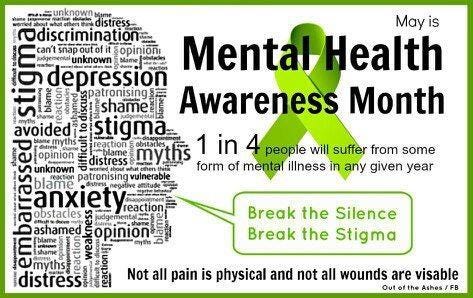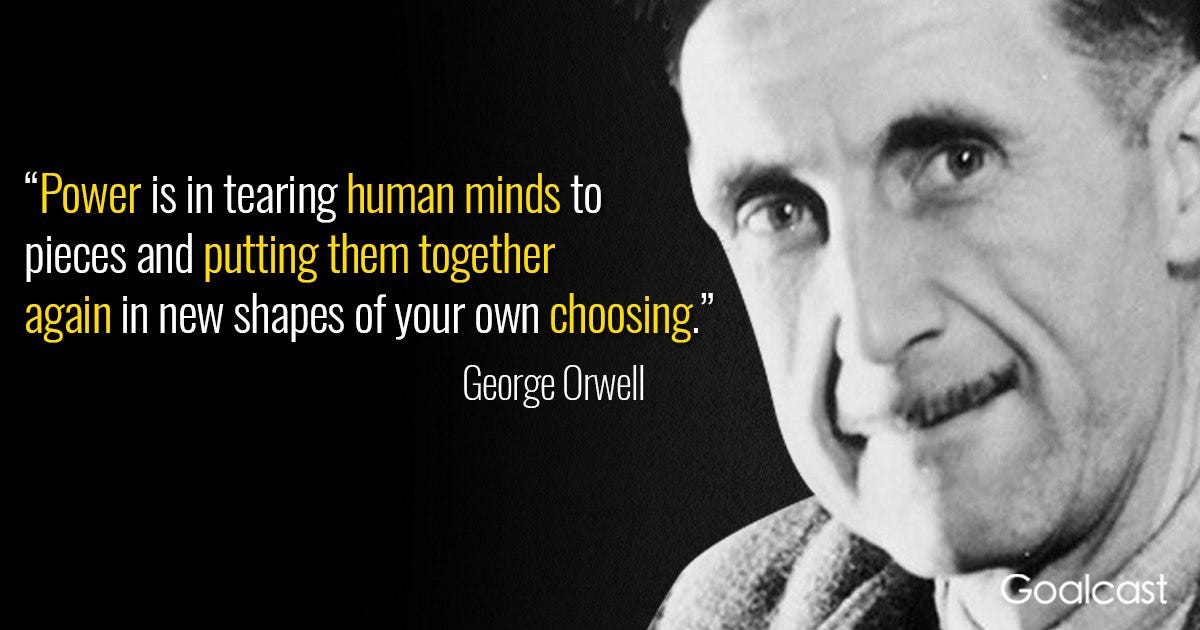Website I Borrowed This Image From
Depression. Anxiety. How many times a day do you hear and/or read these two words? An even more appropriate question is how many times a day do you experience anxiety and/or depression. The United States finds itself amid a serious health crisis. You will not find mention of this health crisis on every news channel, however. There won’t be widespread, state funded relief for this health crisis either. My question is WHY? Why did this country (and the entire world to a certain extent) focus so heavily on the coronavirus while totally ignoring and exacerbating the mental health crisis? Now that the coronavirus pandemic is essentially “over,” an even larger portion of Americans have been left high and dry with anxious and depressive feelings. The mental health crisis is more dangerous and far-reaching than COVID-19 ever could be. If only the mental health crisis was given half of the media attention COVID-19 was given…
There is a reason I asked how many times a day you hear the words “depression” and “anxiety.” If you ingest media daily, you may come across these words quite often. Now, I understand that you may come across these words because somebody is reporting on them. I often wonder at what point it becomes a self-fulfilling prophecy, however. This thought was reinforced when I recently saw an insurance commercial featuring a businesswoman screaming in her car. This commercial used the word “stress,” which is a close relative of anxiety. The businesswoman was screaming to release built up stress before she began her commute. The commercial stated that 40% of Americans are more stressed now than before the coronavirus pandemic. The commercial advised that one should not drive stressed, which is great advice. I found myself pondering the power of media and how people can be deceived into thinking they are stressed, anxious, or depressed. I mean, there must be a finite number of times one hears she/he is a certain way before she or he starts to believe it.
I feel like we are inundated with this kind of talk. From commercials to headlines, we are constantly being sold on the fact that we are sick. I believe that a large portion of the population is mentally unwell, but that a portion of them is led to believe that they are. There was a prescription drug commercial I saw the other day that asked, “Do you experience mood changes?” The implication was that if one answered “YES,” that person would benefit from the drug being advertised. My initial thought was: “OF, COURSE I EXPERIENCE MOOD CHANGES, I’M A HUMAN BEING!” Does that mean I need a prescription drug for depression or anxiety? Absolutely not!
My favorite part about most prescription drug commercials is when the narrator of said commercial instructs the CONSUMER to “ask your doctor about {insert drug name}.” I use the word “consumer” as opposed to “patient” because that is truly what we have become regarding the healthcare industry. On average, a sample of popular prescription drugs in the US cost 300% more than the median global price1. What an incredible business model: spend hundreds of thousands on commercials that imbed an idea into somebody’s mind, create a problem that may not even be present, instruct the person to self-diagnose the issue and to ask a doctor about the possible solution, provide the doctor with free samples, and charge outrageous prices for said prescriptions. Call me crazy, but I thought a doctor/patient relationship should follow a completely different course. The business model I just described sounds more like a drug dealer/drug user relationship.
Website I Borrowed This Image From
For the reductionist thinkers out there, I must explain that not every person taking prescription medicine is doing so because they were manipulated by a given medium. Many people benefit from SSRI’s like Celexa®, benzodiazepines like Klonopin®, and amphetamines like Adderal®. But do the people who need these drugs need to take them for the remainder of their life? Most business owners will tell you that the main objective of a business is to attain as many “customers for life” as possible. The pharmaceutical industry understands this and is VERY good at it. Please note that I’m not knocking capitalism or business. I am an entrepreneur and believe that owning your own business is the new American Dream. My issue is with an industry that sells products to the masses under the guise of something else. I would have much more respect for an industry who is transparent in their effort to sell me something, as opposed to passing it off as a remedy for a specific ailment. Don’t sell me on products and call them “medicine.”
Taking pills does not address the root cause of a patient’s issue. There are additional steps one can take to help with depression, anxiety, and many other behavioral disorders. The problem with these steps (from the perspective of the average American) is that they require WORK. Ah, yes, the most dreaded four-letter word in the English lexicon. When I use the word “work,” I’m not referring to a set time of the day such as a nine to five. Taking control of your own health is work, not a job or task. It is a lifestyle, a way of life. One of the most important aspects of the Bay Flavor lifestyle is health. The mind, body, and soul must be nurtured in order to have a fulfilled life. Staying vigilante is the name of the game. For the month of May, I will be posting articles every Sunday correlating to not only mental health, but physical and emotional health as well. If you’re not into reading, you can listen to me read the articles by clicking the corresponding “play” button at the top of the articles. This audible feature is new to Bay Flavor and it’s an attempt to keep up with the times! It is my hope that the articles I write this month help at least one of you autonomously take control of your own health and get to living the life you deserve! Keep it Bay Flavor!!!

















Share this post